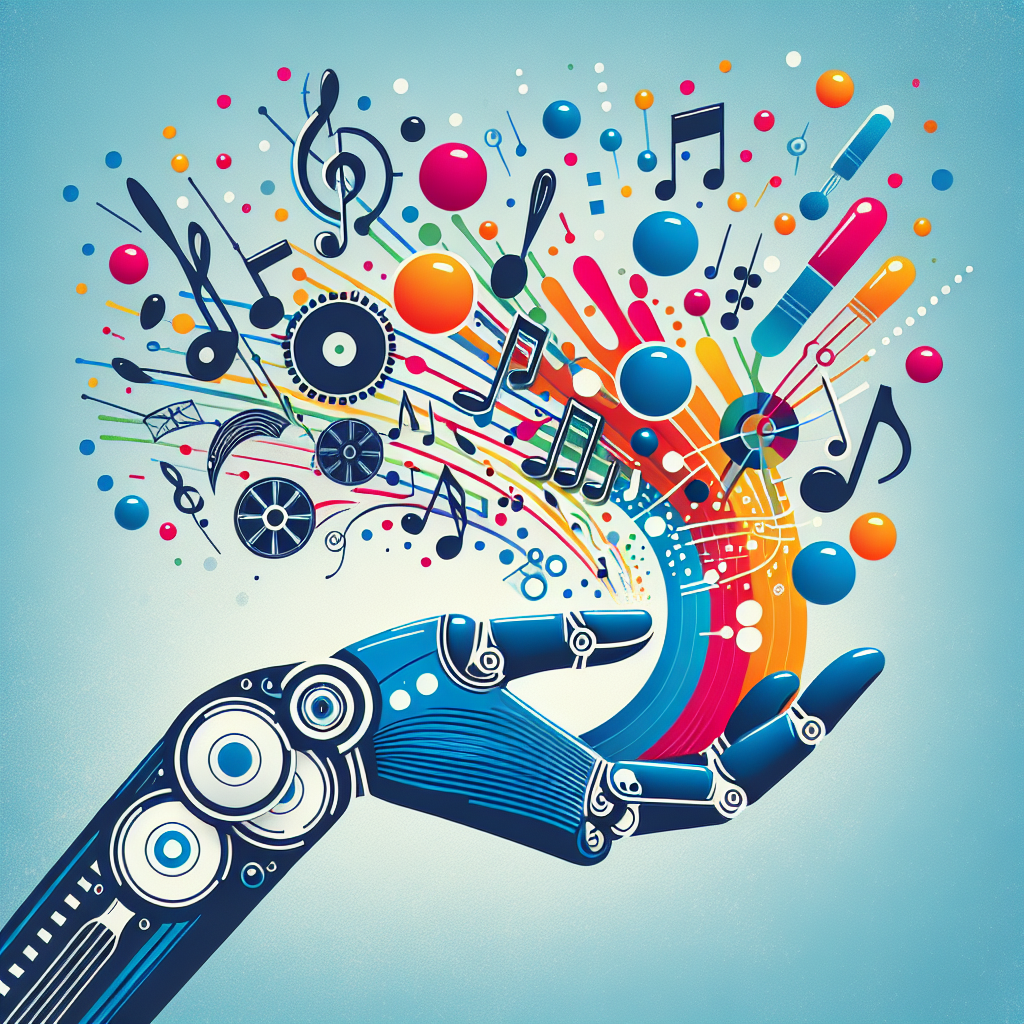Generative AI, also known as artificial intelligence, has been making waves in the music and entertainment industry in recent years. This innovative technology has the ability to create music, art, and other forms of creative content without direct human input. The impact of generative AI on music and entertainment has been profound, revolutionizing the way content is created and consumed.
One of the key ways generative AI is changing the music industry is through the creation of unique and original compositions. By analyzing vast amounts of data and patterns in existing music, AI algorithms can generate new melodies, harmonies, and rhythms that are truly one-of-a-kind. This has opened up new possibilities for artists and producers to explore different styles and genres, pushing the boundaries of music creation.
In addition to composing music, generative AI is also being used to enhance live performances and create immersive experiences for audiences. AI-powered software can analyze real-time data, such as audience reactions and environmental cues, to create dynamic visuals and soundscapes that respond to the mood and energy of a live event. This technology is transforming concerts and festivals into multi-sensory experiences, blurring the lines between music, art, and technology.
Furthermore, generative AI is revolutionizing the way music is distributed and consumed. Streaming platforms and music recommendation services are using AI algorithms to personalize playlists and suggest new music based on individual preferences and listening habits. This has made it easier for listeners to discover new artists and genres, while also allowing musicians to reach a wider audience and connect with fans in a more meaningful way.
In the entertainment industry, generative AI is being used to create immersive storytelling experiences and interactive content. Virtual reality (VR) and augmented reality (AR) applications are using AI algorithms to generate realistic environments and characters that respond to user interactions in real-time. This has opened up new possibilities for immersive gaming experiences, interactive movies, and virtual concerts that blur the lines between reality and fiction.
Overall, the impact of generative AI on music and entertainment is undeniable. This innovative technology is revolutionizing the way content is created, distributed, and consumed, pushing the boundaries of creativity and imagination. As generative AI continues to evolve and improve, we can expect to see even more groundbreaking innovations in the music and entertainment industry in the years to come.


Leave a Reply